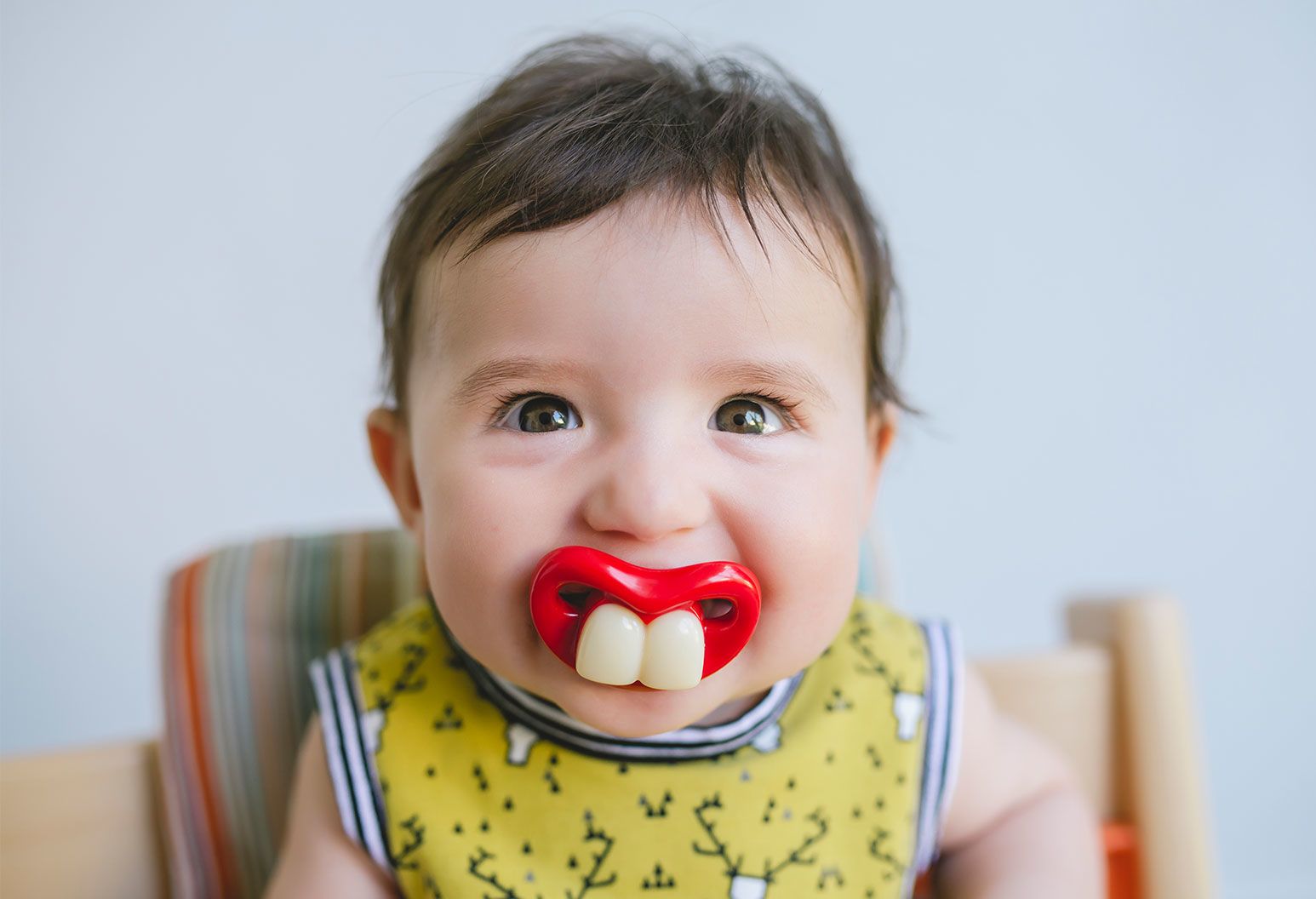parenting
My Ex Doesn't Want To Co-Parent

But you probably already know that from all the wailing, drooling and fever. Here’s what you can do to ease your baby’s discomfort—and what products to stay away from.
3 min read
My 7-month-old son is a drooling, red-cheeked, feverish mess. He has been crying all the time and keeps putting everything into his mouth. I know he’s teething and miserable. What can I do to help him?
Sincerely,
“Frustrated Mom”
Your description reminds me of what my now 3-year-old twins went through as they were teething. Those were certainly trying moments, but I will help you get through it the same way I did.
Teething generally starts anywhere from 4 to 7 months of age, but may start earlier or later. Signs that your child is teething are swollen gums, pulling on their ears, noticeable pain, a low grade fever (less than 101 degrees), lots of drooling, and putting anything and everything into their mouths. They may also use your finger as a human teething toy.
Ways to soothe your baby include distracting him and giving him teething toys that can be put in the refrigerator (never put them in the freezer!). Avoid the ones filled with liquid, as they can be punctured by a child’s tooth. Teething biscuits can also be used—just make sure to watch your child so he doesn’t choke on it.
Tylenol or Motrin can ease discomfort, too, but use them sparingly and talk to your pediatrician for proper dosing based on your child’s weight.
Please be aware that the Food and Drug Administration (FDA) recently warned parents about the dangers of over-the-counter topical teething products containing benzocaine (such as Orajel and Anbesol) and asked companies to stop marketing them as products for babies and children. The FDA cited methemoglobinemia, a condition where blood oxygen levels become dangerously low, as a possible side effect of using such products. In addition, the FDA urges against the use of homeopathic teething tablets and gels, especially the ones containing belladonna because they pose an unnecessary risk to babies and children.
You should also stay away from teething necklaces, since the beads are a potential choking risk, and wearing the necklace is a strangulation risk.
An important thing to keep in mind is that your child’s teething pain isn’t as bad as you may think, and it is usually short lived—ending when they get their two year molars. This is a normal stage of development and everyone, including your baby, gets through it.
Stay strong. It’ll all be over soon, and remember: Start brushing those teeth as soon as they pop out to begin establishing good oral hygiene that will last a lifetime.

The Well is Northwell Health’s commitment to the future of health care. In this time of information overabundance, much of which is inaccurate, unhelpful, or even difficult to understand, Northwell Health is on a mission to make a difference as an honest, trusted, and caring partner. The site connects with consumers to provide them with personalized content that reduces their stress, makes them laugh, and ultimately feel more confident and capable on their healthcare journey.